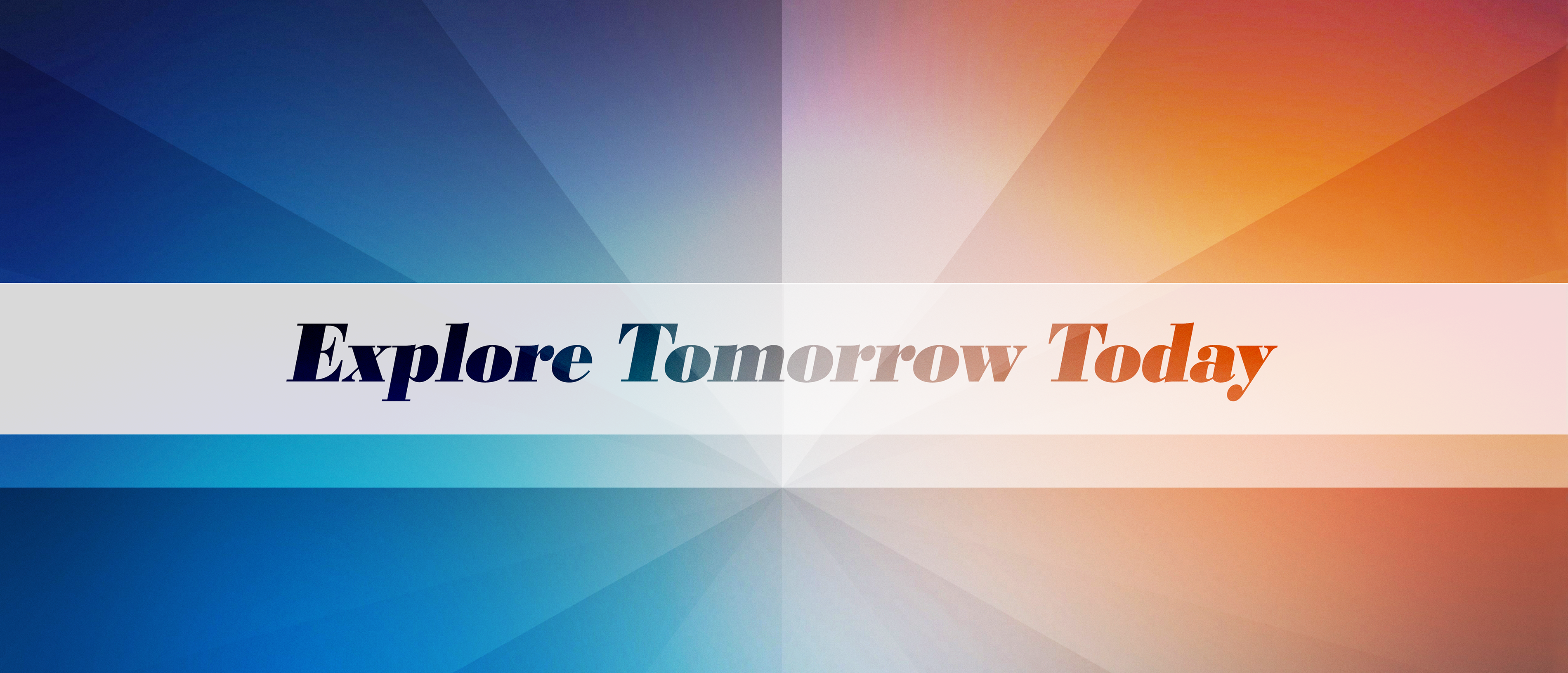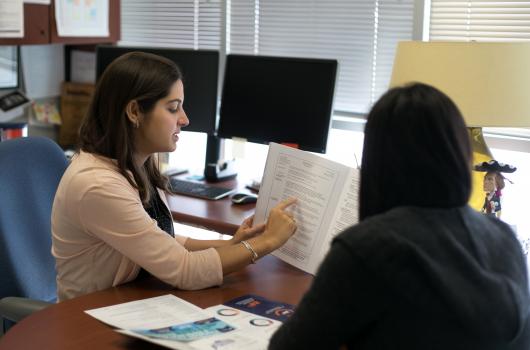
What is a Cover Letter?
- An introduction to a potential employer.
- A way to connect a job description to your skills and experience
- Concise, well-written and intriguing
- Always important, even if employers don’t ask for one
- A way to show enthusiasm and sincere interest in the position.
Cover Letters Should ✅
- Highlight your skills and abilities using specific accomplishments and examples.
- Show off your knowledge of the company
- Be tailored to the company and the job
- Be one page
Cover Letters Should Not ⛔
-
Simply repeat the facts from your resume in your cover letter. Use the letter to point out and expand on information that directly relates to the job you're seeking.
- Be a generic, one-size-fits-all letter.
- Sell yourself capabilities you don't have or make extravagant claims like, "There's no task I can't accomplish.”
- Don't include personal material unless it relates to the job
Organization
THE FIRST PARAGRAPH: INTRODUCTION
Keep it to 2-3 sentences outlining the position, how/where you heard about the position (if you have heard of a vacancy), and why you are interested in working for that specific organization. Also, briefly introduce your background and experience. If you are writing as the result of a personal referral or recommendation, mention the person’s name in the first sentence.
THE BODY
The Body can be 1-2 paragraphs long. It should expand on specific experiences and involvement that are relevant to the position. Excellent guidance for this section is the position description. If the potential employer is asking for someone with excellent communication skills, expanding on your previous experience working as part of a committee to plan an event will directly connect your experience and background to the skill set the employer is seeking. The cover letter is the place to expand on experiences such as study abroad or coursework that you may not have had the opportunity to describe on the resume. Focus on drawing a link between your resume and the company, and be sure to show that you have done your research. Make sure you:
- State what you can do for the company, not what the company can do for you.
- Sell your abilities, skills, and experience, mainly as they relate to the employment needs of the company.
- Write in a direct manner. For example: "I know I will be a valuable addition to your organization."
THE CLOSING
The closing paragraph should be brief and clearly outline what action you will take to follow up (e.g. via email in two weeks). Request an interview and tell the employer that you will call him or her within a specific period of time. It is helpful to include your preferred contact information. Be sure to thank the employer for his or her time and consideration of your letter.
Some examples:
- “I welcome the opportunity to speak with you about how I can contribute.”
- “I am very excited to learn more about this opportunity and share how I will be a great fit for XYZ Corporation.”
- “I would appreciate the opportunity to meet with you to discuss how my qualifications will be beneficial to your organization’s success.”
- “I will call you next Monday to follow up on my application and arrange for an interview.”
CLOSING SIGNATURE
Opt for a more formal language and tone — a cover letter is no place for a casual "take care" as a closer. Examples including sincerely, regards, best, respectfully
What's in a Cover Letter?
- Identifying Information: Use the same contact information and heading you list on your resume
- Letter Heading: Includes Date, Name of person and title, company and address
- Letter Salutations: Address to an individual rather than to a sir or madam. Names of persons to contact can usually be found on Handshake, company sites, or by calling the company directly. If you can’t find a person, use “Dear Hiring Committee.”



